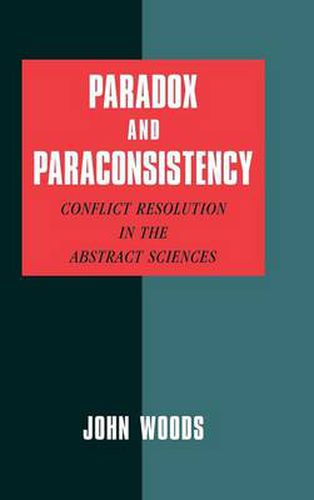Readings Newsletter
Become a Readings Member to make your shopping experience even easier.
Sign in or sign up for free!
You’re not far away from qualifying for FREE standard shipping within Australia
You’ve qualified for FREE standard shipping within Australia
The cart is loading…






In a world plagued by disagreement and conflict one might expect that the exact sciences of logic and mathematics would provide a safe harbor. In fact these disciplines are rife with internal divisions between different, often incompatible, systems. Do these disagreements admit of resolution? Can such resolution be achieved without disturbing assumptions that the theorems of logic and mathematics state objective truths about the real world? In this original and historically rich book John Woods explores apparently intractable disagreements in logic and the foundations of mathematics and sets out conflict resolution strategies that evade or disarm these stalemates. An important sub-theme of the book is the extent to which pluralism in logic and the philosophy of mathematics undermines realist assumptions. This book makes an important contribution to such areas of philosophy as logic, philosophy of language and argumentation theory. It will also be of interest to mathematicians and computer scientists.
$9.00 standard shipping within Australia
FREE standard shipping within Australia for orders over $100.00
Express & International shipping calculated at checkout
In a world plagued by disagreement and conflict one might expect that the exact sciences of logic and mathematics would provide a safe harbor. In fact these disciplines are rife with internal divisions between different, often incompatible, systems. Do these disagreements admit of resolution? Can such resolution be achieved without disturbing assumptions that the theorems of logic and mathematics state objective truths about the real world? In this original and historically rich book John Woods explores apparently intractable disagreements in logic and the foundations of mathematics and sets out conflict resolution strategies that evade or disarm these stalemates. An important sub-theme of the book is the extent to which pluralism in logic and the philosophy of mathematics undermines realist assumptions. This book makes an important contribution to such areas of philosophy as logic, philosophy of language and argumentation theory. It will also be of interest to mathematicians and computer scientists.